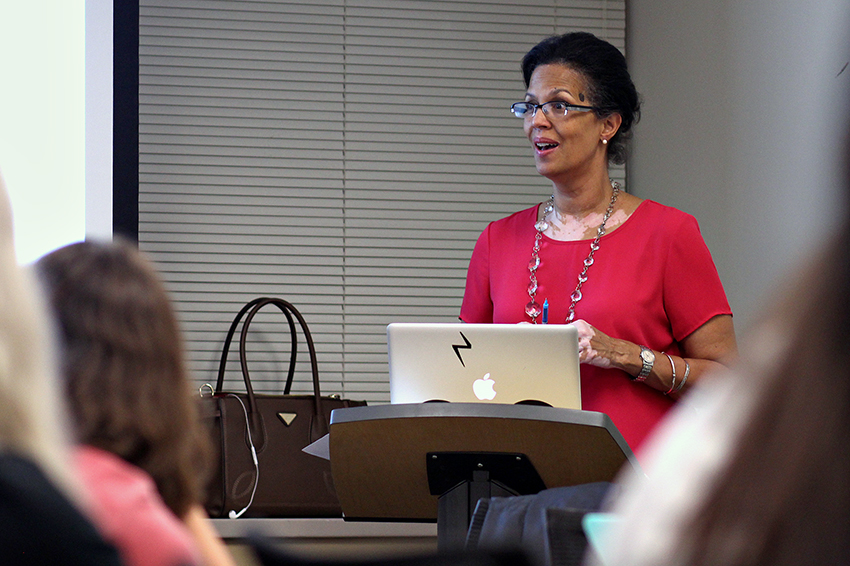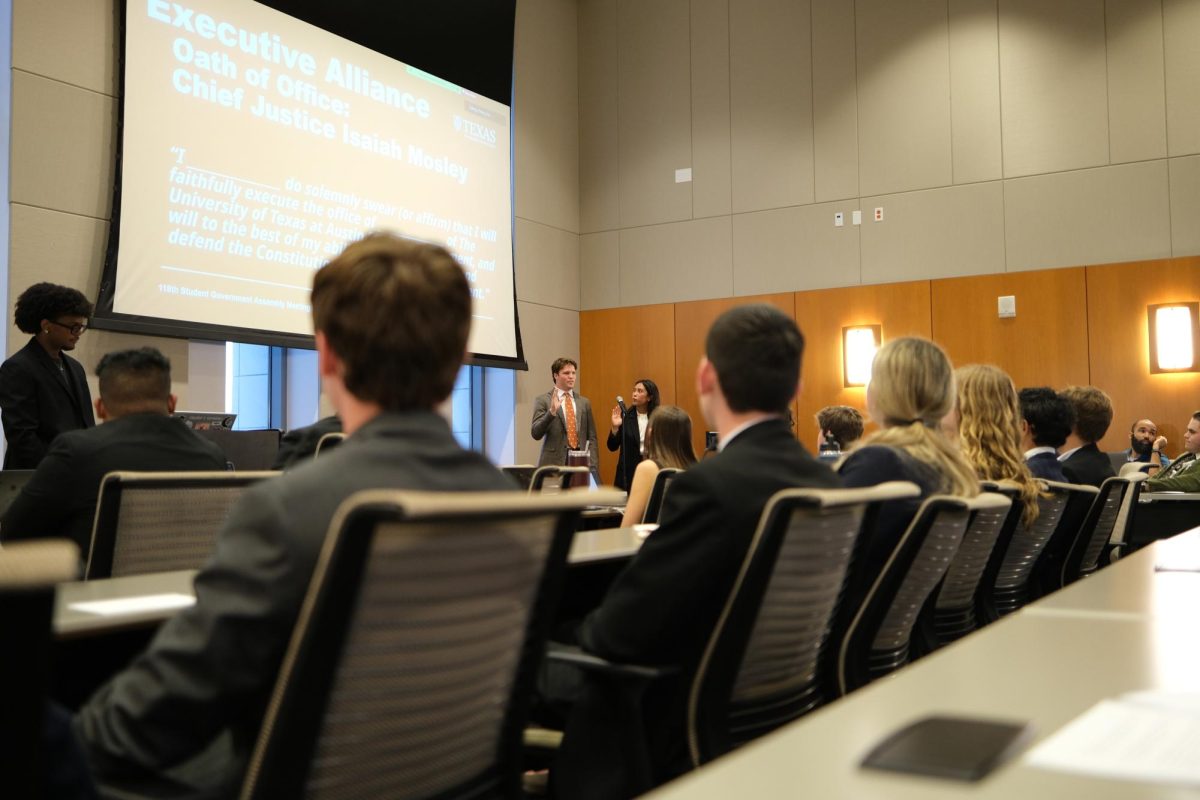Megan Alvarado doesn’t want other students to deal with the same mental healthcare difficulties she’s had.
As a transfer student last semester, Alvarado, a health promotion junior, said she founded the UT chapter of the National Alliance on Mental Illness after being unable to receive the long-term care she felt she needed at the Counseling and Mental Health Center and being forced to look for other options.
“One of the main goals of the club is to break some stigma that’s associated with mental illnesses, as well as try to provide people the opportunity to find other resources that UT might not provide but are in the Austin area,” said Alvarado, president of NAMI.
NAMI is not a support group but is welcome to people of all backgrounds and seeks to educate the UT community about mental illness, Alvarado said.
The organization is not directly associated with the University, but Lara Latimer, lecturer and senior research coordinator for the Department of Kinesiology and Health Education, said she was happy to be asked to be the adviser for the group.
“I probably suggest to at least one student every week to please go and talk to somebody with Counseling and Mental Health, which is a great starting point for most students,” Latimer said. “But it’s really just good for a transition or a short-term band-aid. For something long-term, we’re kind of lacking in how we can help somebody. I think there’s a lot of existing resources in Austin, but I think sometimes it’s hard to figure out where they are, and you need somebody trusted who can tell you this place is okay to go to. So I think helping people find their resources is something very doable and something this group can do.”
NAMI is a larger national organization, but having a campus branch allows the group to make changes at a more local level, Alvarado said.
Psychology freshman Jacob Sick said he joined NAMI to take a more active role in addressing mental health and to use the voice it gives him to make a difference.
“A lot of it is pure influence,” Sick said. “UT is pretty big, and getting people access to resources that are already on campus can be hard to find. I just want to be able to help direct people where to go.”



















